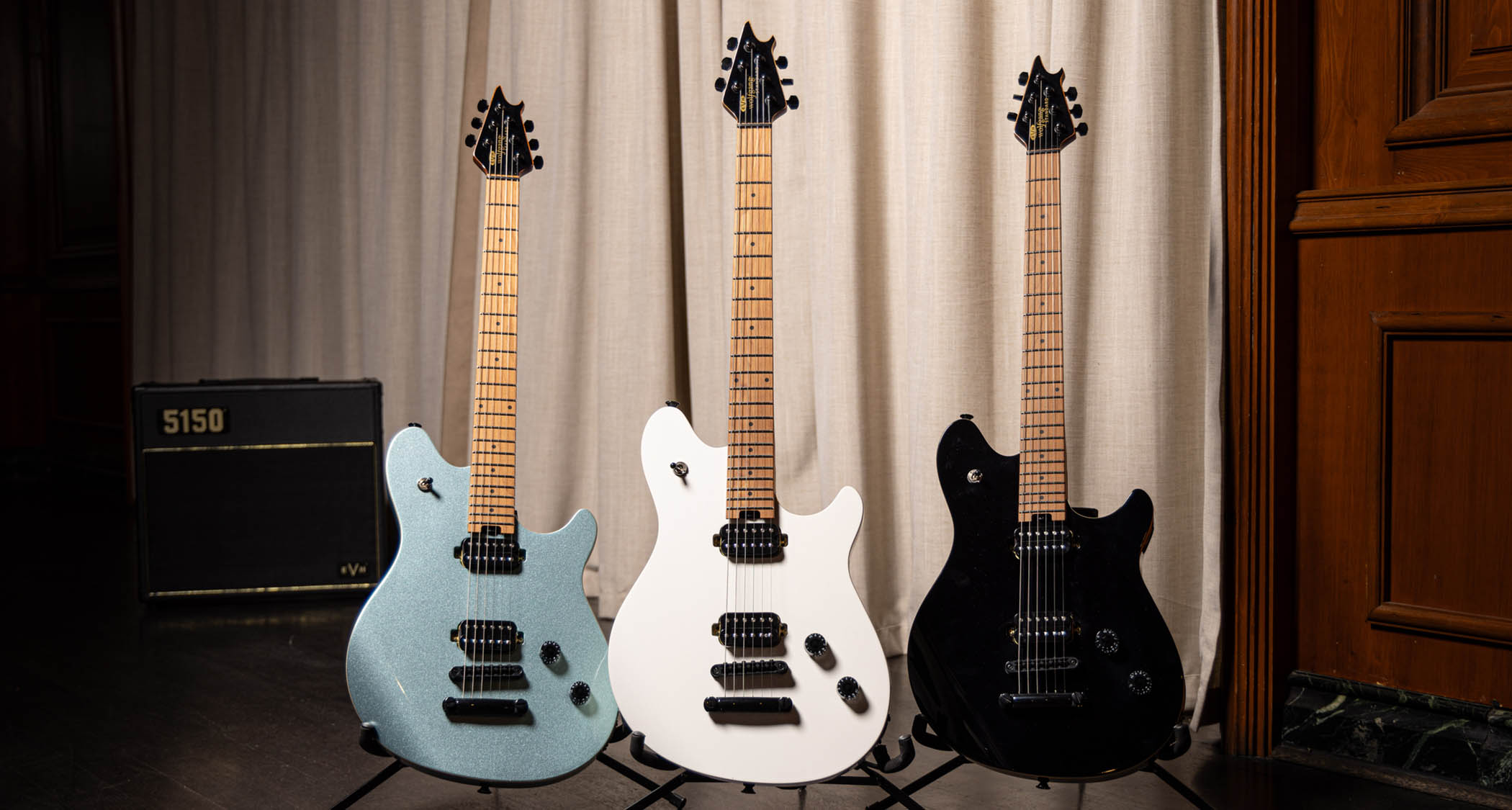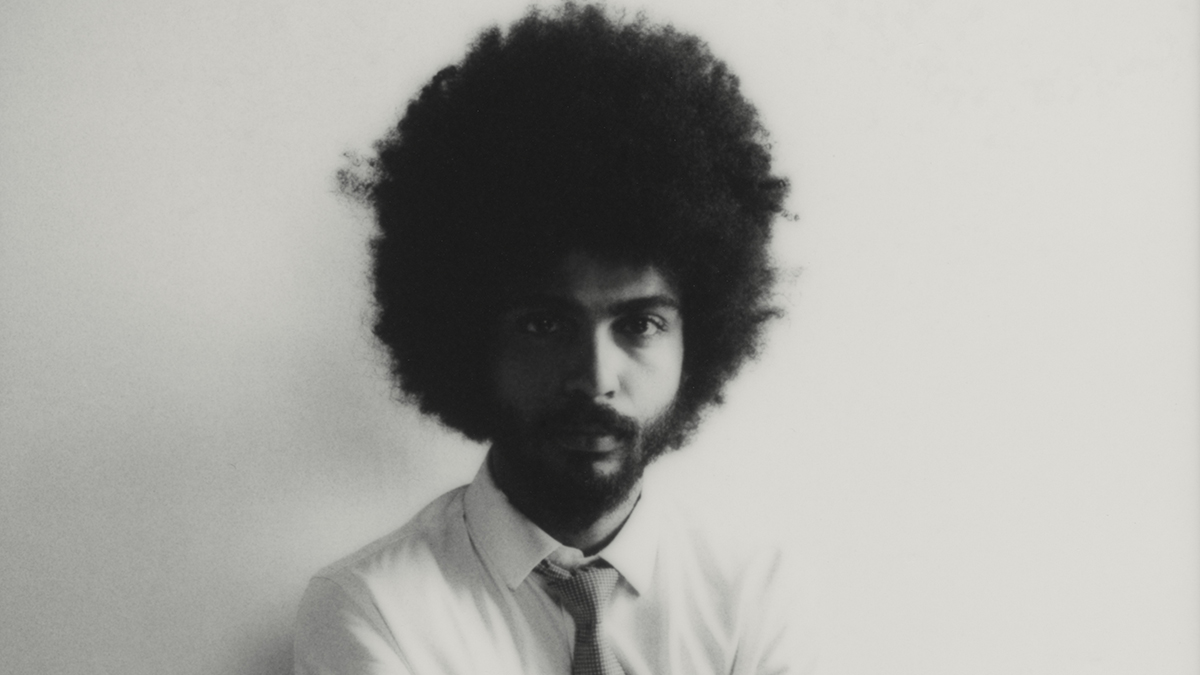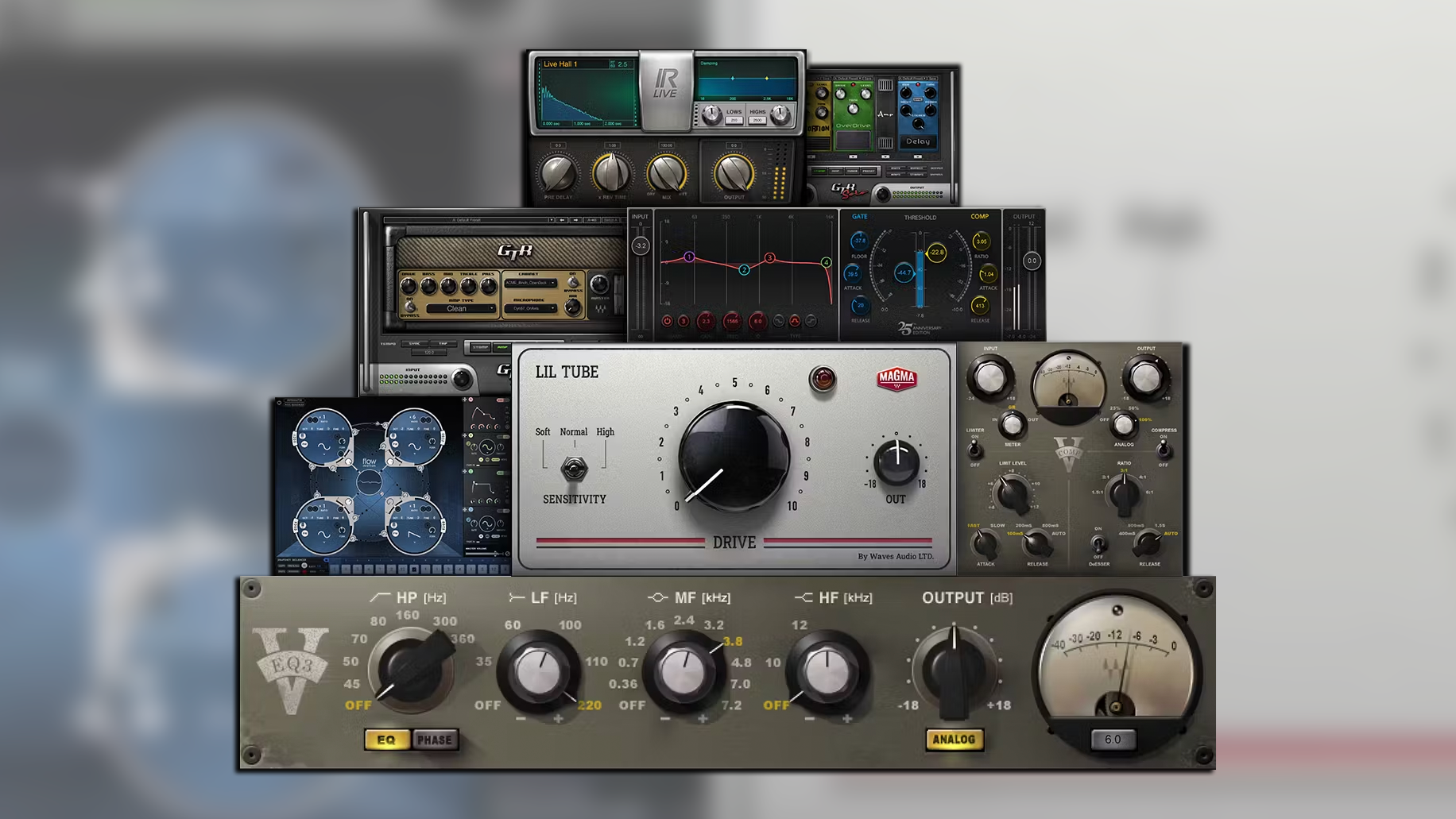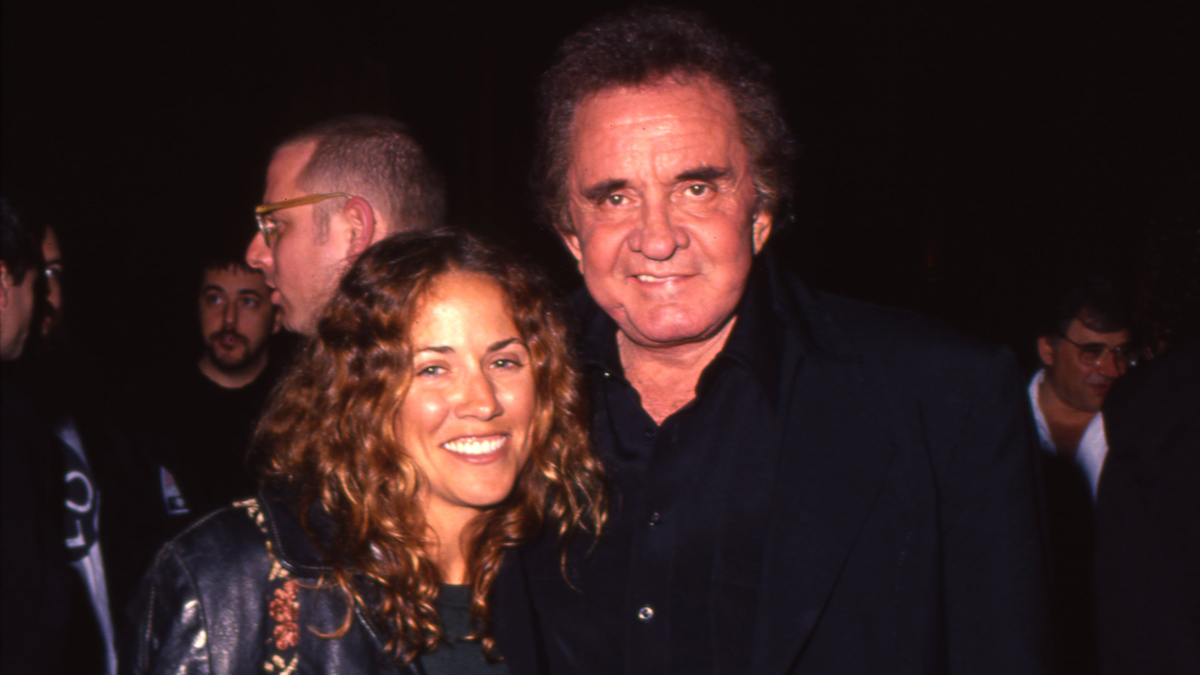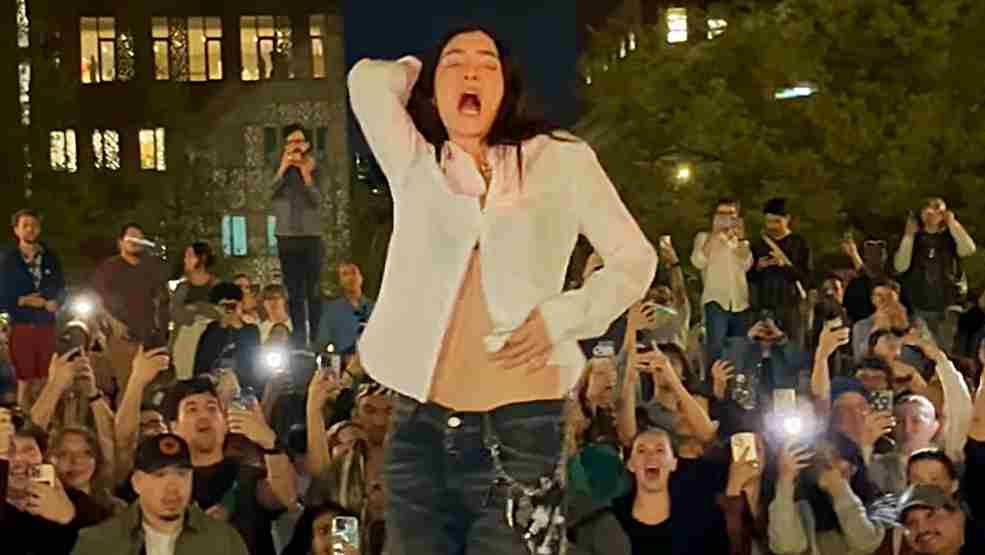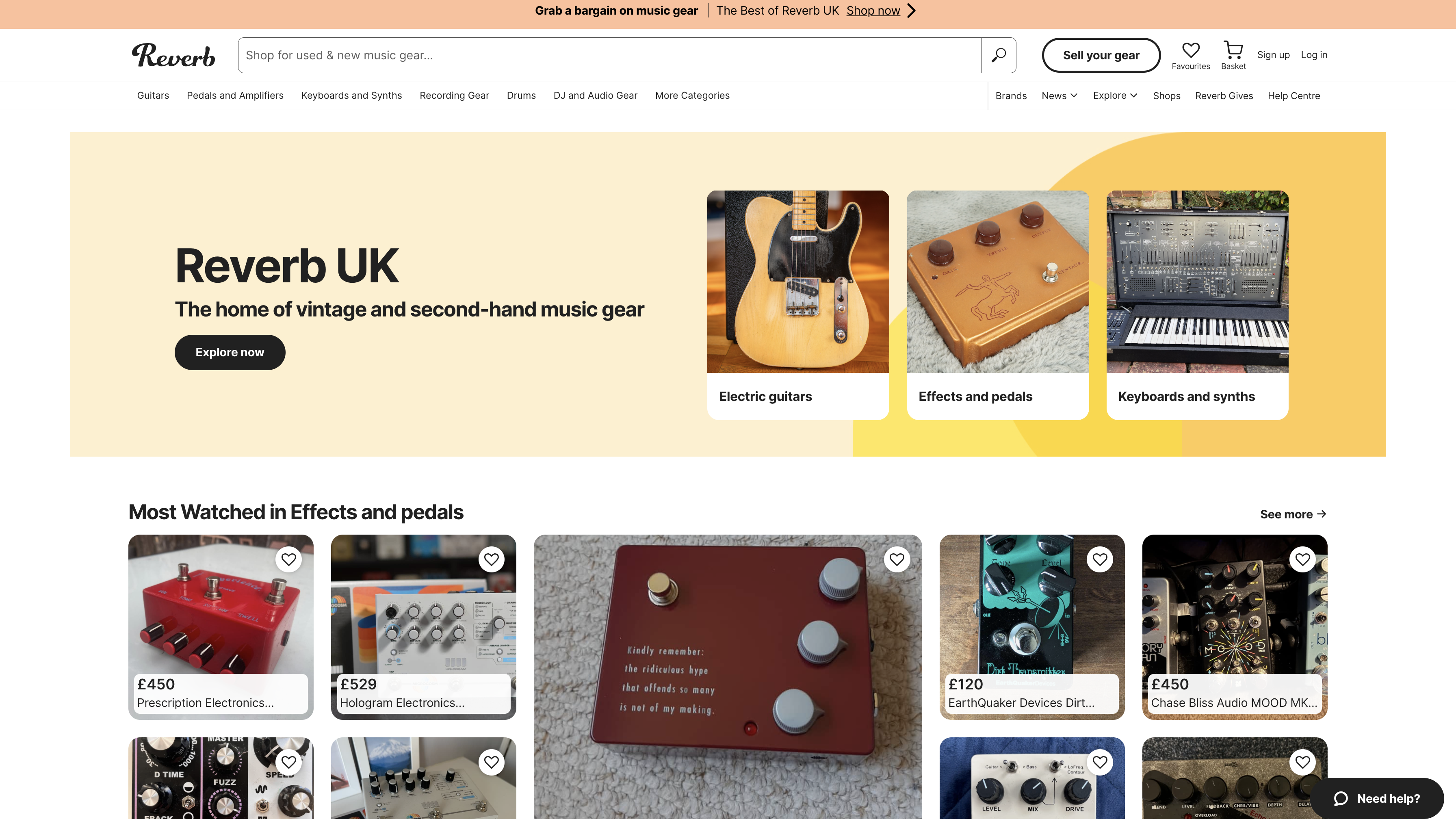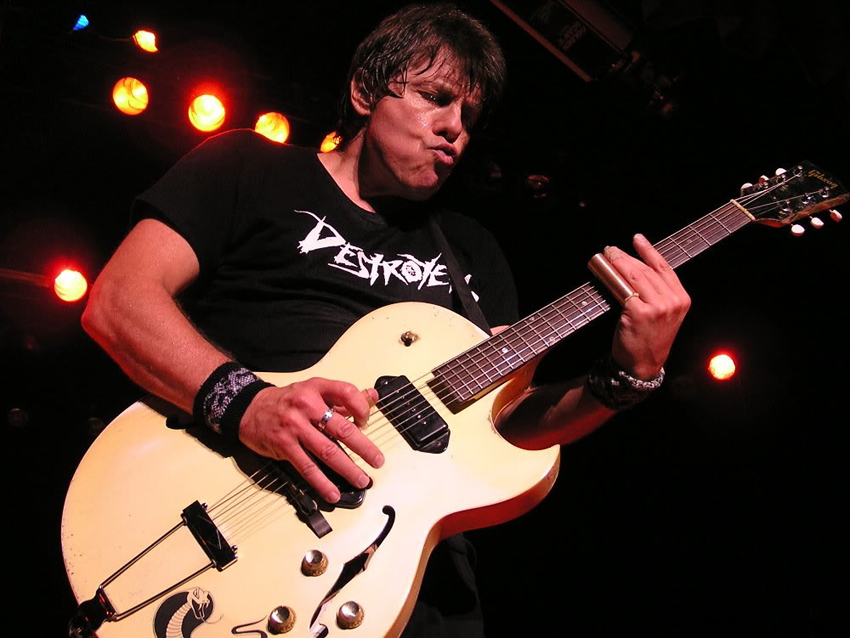
George Thorogood on his 11 greatest hits
George Thorogood calls in to MusicRadar from Tuscon, Arizona, to talk greatest hits – his own, that is. Only thing is, he thinks it's a bit of a loose term.
"In the world of rock, 'hits' or 'greatest hits' sounds kind of funny," he says. "See, The Eagles have greatest hits. The Rolling Stones, they've got a ton of great hits. We’ve got favorites amongst our fans, which in their minds are our hits, so that's a little different."
Call them "greatest hits" or "fan favorites" then – Thorogood and the Destroyers have racked up their fair share, and last year 11 of them were assembled on Universal Music's Icon series. So what does the man think of being called an 'icon' then?
Thorogood laughs and says,"Well, that's a funny one, too. I remember this time when Jeff Healey’s band was playing the House of Blues in Toronto, and they asked me to come up and play with them. Jim Belushi walked over and asked me if it was OK to introduce me to the audience as a ‘rock legend’ or a ‘guitar legend.’ And I kind of kidded him and said, ‘No, I’d have a real problem with that, Jim.’ [Laughs] You wanna call me an icon or a legend or whatever, go ahead. My ego can take it.”
Thorogood and the Destroyers (Jeff Simon, drums; Bill Blough, bass; Jim Suhler, guitar; and Buddy Leach, saxophone) just kicked off their 40th Anniversary tour. They'll be on the road throughout the spring and well into the summer (click here for dates) and will be performing a healthy portion of the Icon package. "We’ve got a bunch of songs to hang our hats on," Thorogood says. "They started out on FM and then moved to classic rock radio. It’s good to know that we can do a live show without people scratching their heads and going, ‘I don’t know this song.’ You want to see people going, 'Yes – I love this song!'"
On the following pages, Thorogood runs down all 11 tracks on the Icon CD.
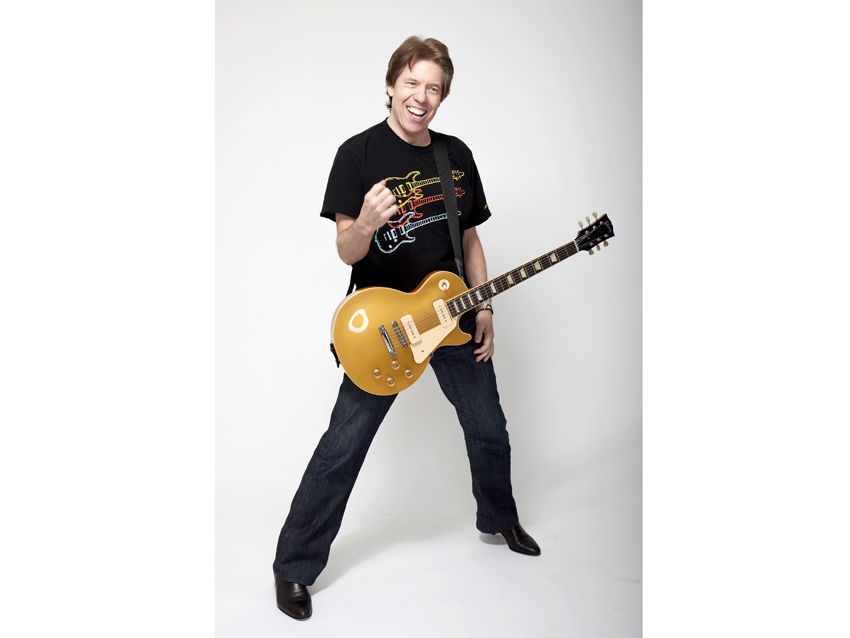
Bad To The Bone
“There was a time when we were doing shows with The Rolling Stones and the J. Geils Band. When the Stones would go into the opening chords of Honky Tonk Women or Start Me Up, there was this immediate reaction from the audience. Same thing when J. Geils hit the first chords of Love Stinks. I said to myself, ‘OK, George, you have to write something like that.’
“It all comes down to having a signature song, and that’s what Bad To The Bone is. The second I play that riff, you know what it is, and you know who it is. The saying, Bad To The Bone, was so obvious that I knew somebody was going to do it someday, so I said, ‘Hey, it may as well be me.’”
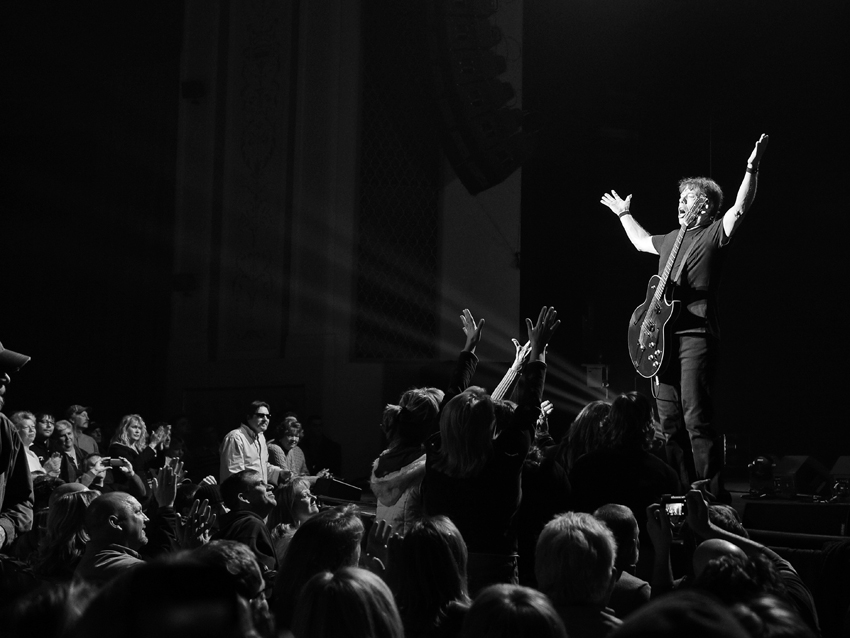
I Drink Alone
“Originally, we were putting it together as a country tune, and we wanted to get it to either George Jones or Dean Martin. It would have been perfect for them. When I expressed this to EMI America, they said, ‘We didn’t sign George Thorogood to have him giving his songs away to other people.’ And then they said, ‘Go home and make it into a Thorogood song.’
“So that's what we did. We took it away from the country format and turned it into what it is now. I think it could have worked great the way we were first looking at it, but it's a big, big song for me now, a definite fan favorite."
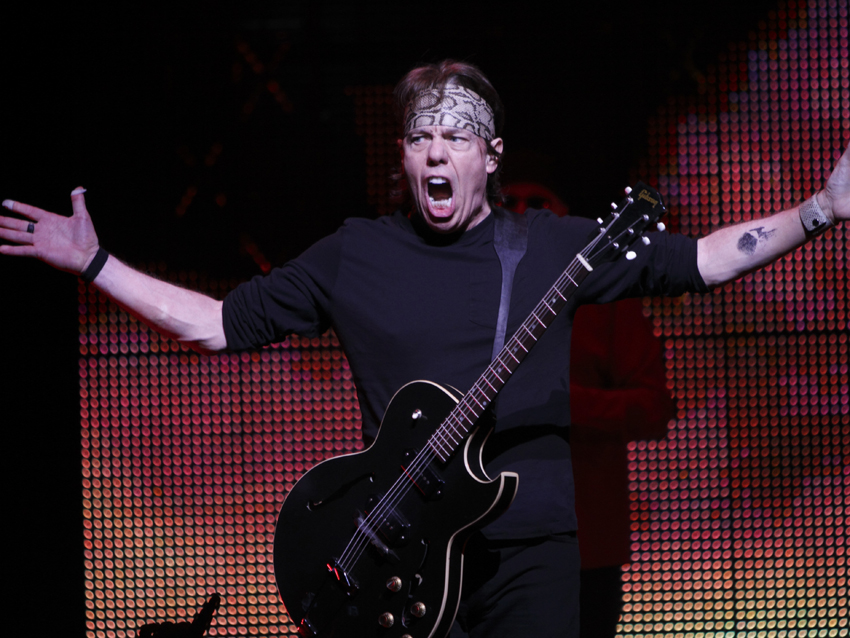
Willie And The Hand Jive
“I didn’t choose this cover; the record company did, when we were putting together the Maverick album. There were several cuts that, I don’t want to say they weren’t acceptable, but the label wasn’t as excited as I would have liked They knew we did Willie And The Hand Jive at soundchecks – everybody’s played it – so they asked us to do it. They wanted something kind of recognizable.
“Me being a company man, I said, ‘Sure, I’ll play ball with you.’ It was more or less their idea. They even made a video of us doing the song live in Cincinnati. It you watch that video, that’s us in a nutshell: We're playing in a small ballroom, happy people boogying – and there’s wrestling, too! It was all so natural that EMI could see it and I couldn’t.”
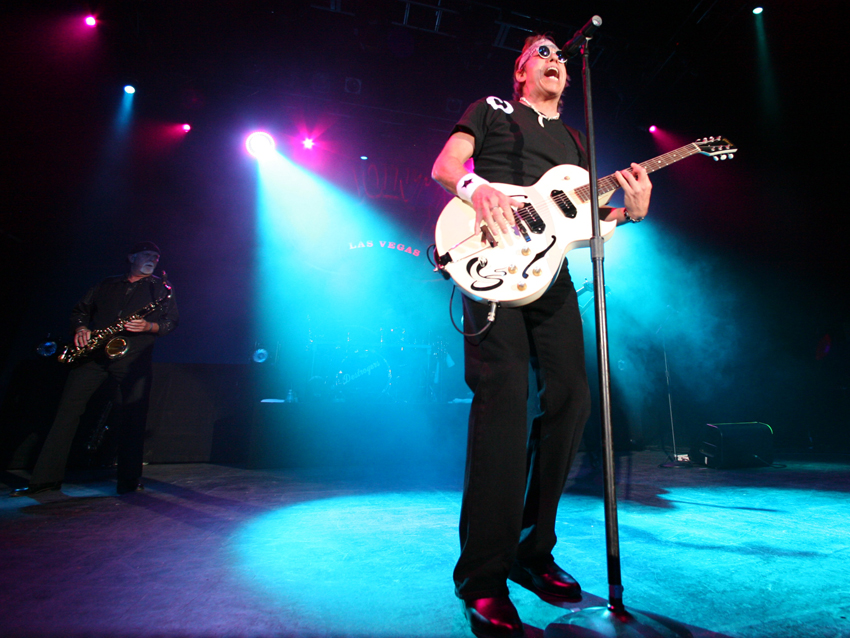
Gear Jammer
“I was fooling around with this riff at a time when I was playing a little more attention to rock radio. Terry Manning, who produced this song, is a big ZZ Top/Led Zeppelin guy, and he went absolutely crazy when he heard the riff.
“It’s about as close as we’ll get to being a big, heavy rock group. And that’s what I was going for – a huge rock song. That’s where the money is, man."
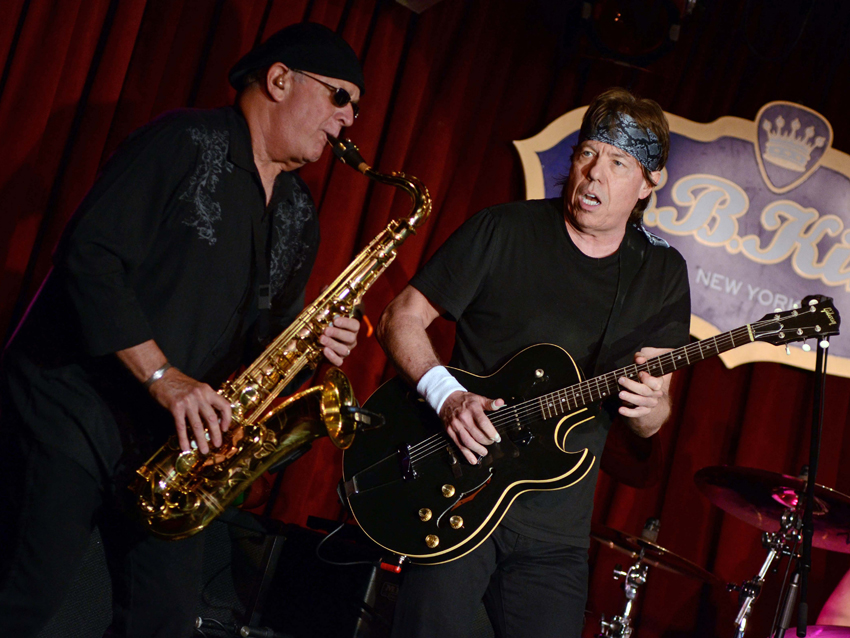
If You Don't Start Drinkin' (I'm Gonna Leave)
“It was just the title – it was too catchy to not do. We thought that we could slow it down and give it to Tom Waits to do as a comedy song. A lot of these tunes – I Drink Alone, If You Don’t Start Drinkin’ – were originally intended for other artists. My first instinct isn't always that I've got to do a tune. A lot of times, I'm thinking, 'Who could really sing this thing...?'"
“The drinking thing is kind of funny in my career. In the 150 or so songs that we’ve released, only three pertain to drinking, and only two of them I wrote. But they’re the ones that people choose. So I’m thinking, ‘Hey, I don’t have a drinking problem – the world does!’” [Laughs]
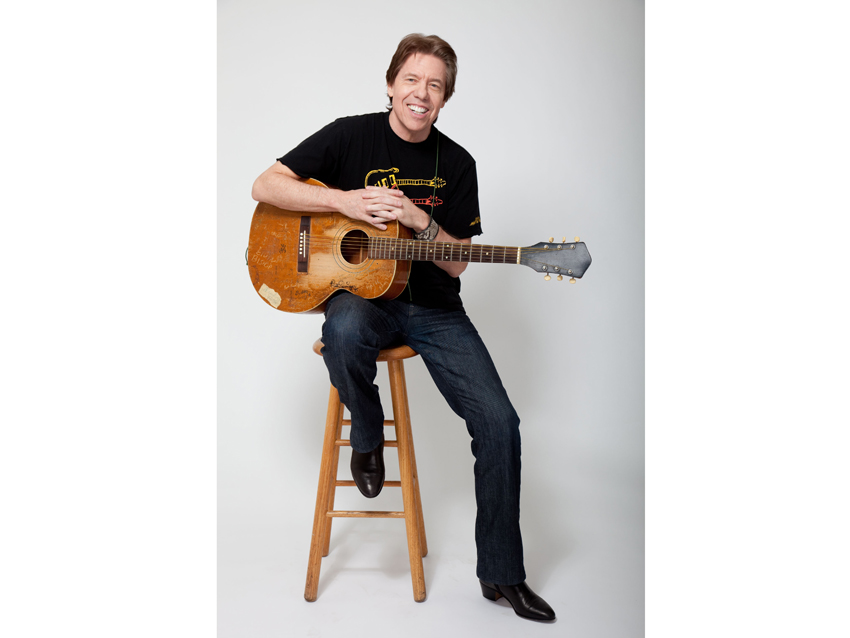
Who Do You Love?
“It’s a tune we did in soundchecks. To me, John Hammond’s version is the ultimate, definitive version of Bo Diddley’s Who Do You Love? Ronnie Hawkins did it great, The Woolies did it great, Quicksilver Messenger Service did it great – there’s tons of killer versions. We were just fooling around in the studio with it because we needed two or three more songs for a record.
“Rounder heard what we did with it, and they loved it. At the time, it was so old it was new – things happen like that sometimes. I like what we did, but man, you can’t beat John Hammond’s version. That's just my personal opinion. He’s got Charlie Musselwhite on harmonica; Robbie Robertson, Levon Helm and Rick Danko from The Band; Mike Bloomfield’s on it. It’s just an unbelievable cut.”
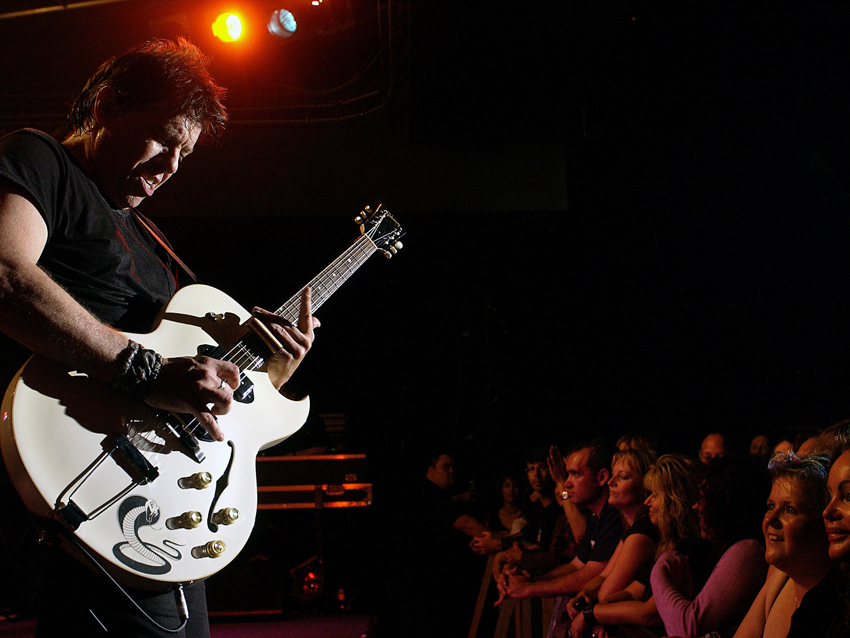
Treat Her Right
“I loved this song when it was a hit in ’68. When we played it, we did it really fast. We had a great sax player and a great guitarist, and they could play it beautifully. I can’t play this song on guitar myself – I can sing it, but I can’t play it on an instrument. But those guys could really nail it, so I said, ‘All right, we’ve gotta cut this thing.’
“Again, EMI-Capitol was pushing for it. Their attitude was, ‘If you’re going to do a cover song, do something that was already a hit. Why do something that’s obscure?' It worked out well – we got a good amount of airplay with this thing.”
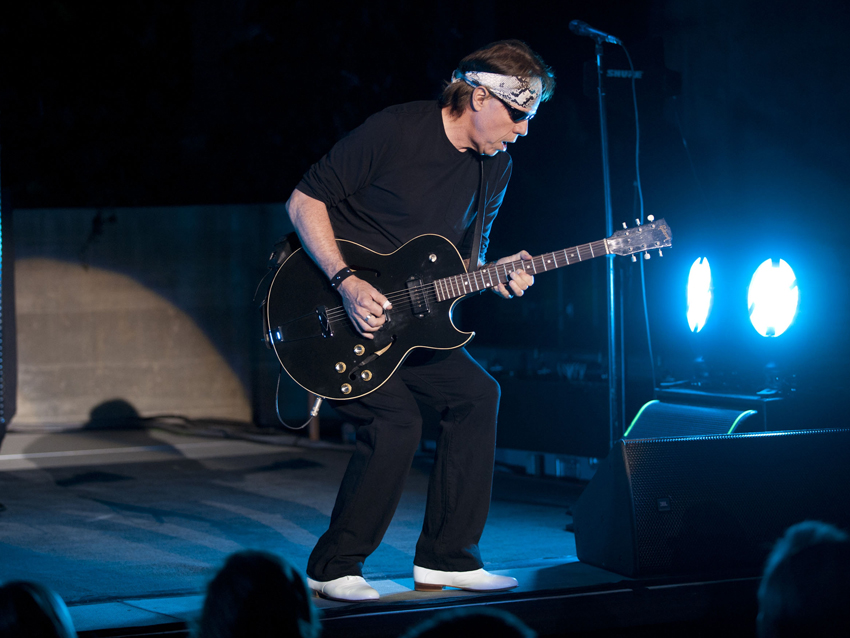
I'm A Steady Rollin' Man
“I love this song. The first time I saw Muddy Waters, he used this arrangement to sing Walkin’ Blues by Robert Johnson. I used to play that riff over and over and over and over, and I finally I said, ‘I’ve gotta put words to this thing. This thing really rocks!’ And Steady Rollin’ Man, just the cadence of it and the arrangement, it fit the arrangement very nicely.
“We were going to put it on The Baddest Of on EMI-Capitol. The label wanted two cuts that were never released on a record. This came up as one of them.”
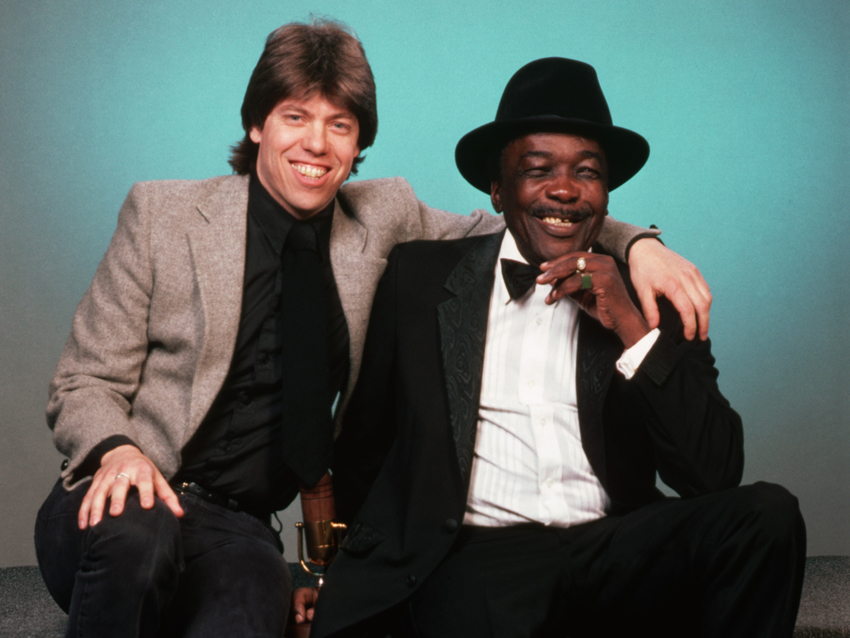
One Bourbon, One Scotch, One Beer
“We put the John Lee Hooker House Rent Blues rap on there and tied the two songs together. The guy’s just about broke, and he’s lookin’ for free drinks. He’s been thrown out of his house, he can’t find a job – a very standard thing that happens all over the world.
“The song was a hit – I knew it. I said, ‘We’ve gotta cut it. If we don’t, somebody else will. J. Geils will do it or Tom Waits will do it. Somebody will take this song and make it a classic.’ So many people could’ve done incredible versions. Canned Heat could’ve done it. Elvin Bishop could’ve torn it to pieces. I said, ‘We gotta beat these people to the punch. This is a great song!’
“I met Bob Dylan, and he told me that his favorite song was One Bourbon, One Scotch, One Beer. I said, ‘Well, that stays in the show!’ [Laughs] How’s that for an endorsement? The song is street theater. It’s kind of a rap song. You don’t sing it – you talk it through. It’s perfect for me. Let’s face it: Nobody’s ever gonna mistake me for Roger Daltrey.”
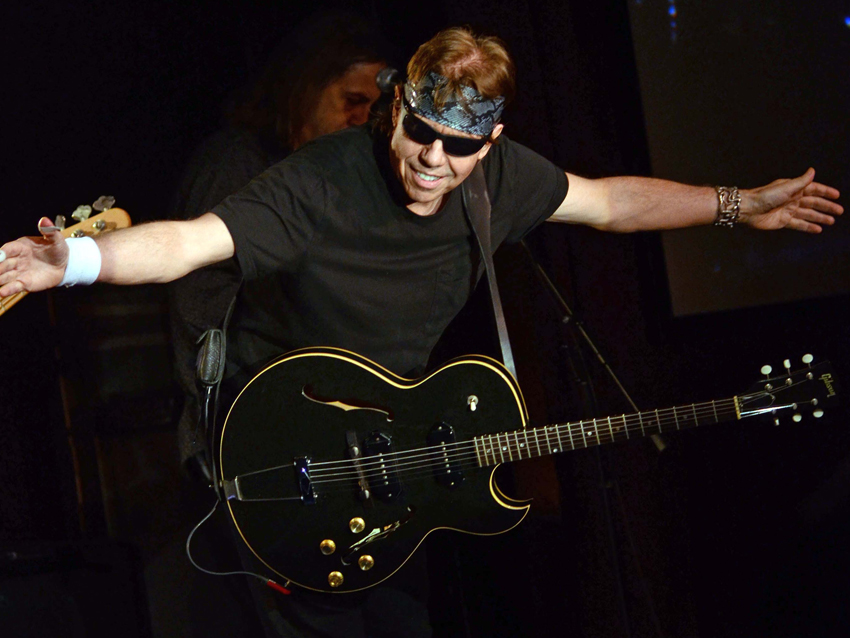
Get A Haircut
“Even people at Capitol thought that I wrote the song. They thought I was just playing it cool or something. I said, ‘Nah, this is a song I should have written!’ [Laughs] When we first heard it in Australia, our bass player and drummer just looked right at me and said, ‘This is your story!’ And it’s true – it’s the story of me, Tom Petty, Keith Richards, Slash. That’s it. It’s the story of Steven Tyler!
“It was just a natural for us to do. It still goes over to this day. It’s a fun rock song. And the best thing is, you don’t have to have the pipes of Linda Ronstadt or Rod Stewart to sing it. As a matter of fact, the fact that I don’t sing so well makes it even better.”
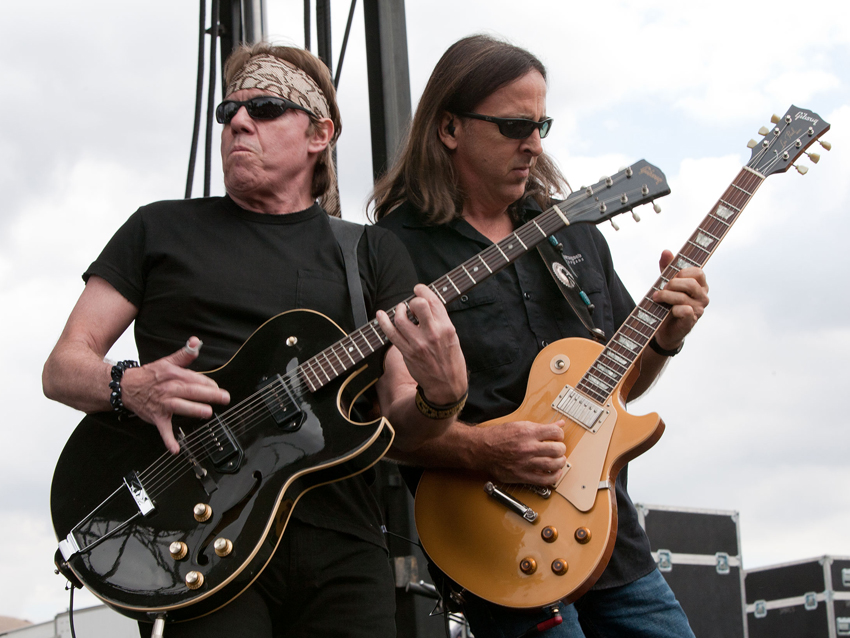
Do The Do
“I’ve only been singing this since 1970. It was about time we cut it and get it out there. [Laughs] The thing was, I couldn’t play the guitar on it. I’m a thumb picker, and I needed a guitarist like Jim Suhler who could play it really good. And Tom Hambridge could play the drums really good, too.
“Vocally, this song was almost tailor-made for me. I studied Howlin’ Wolf a lot. I mean, look how far he and Johnny Cash went with their voices. Or, dare I say it, look how far Mick Jagger went in the early days with his voice.
"Do The Do was made for me, but once again, I couldn’t play the guitar on it, so I needed a good, soulful blues guitarist like Suhler to lay down the riff for me. Once he came on board, we were able to do it and really get it right.”
Joe is a freelance journalist who has, over the past few decades, interviewed hundreds of guitarists for Guitar World, Guitar Player, MusicRadar and Classic Rock. He is also a former editor of Guitar World, contributing writer for Guitar Aficionado and VP of A&R for Island Records. He’s an enthusiastic guitarist, but he’s nowhere near the likes of the people he interviews. Surprisingly, his skills are more suited to the drums. If you need a drummer for your Beatles tribute band, look him up.
"At first the tension was unbelievable. Johnny was really cold, Dee Dee was OK but Joey was a sweetheart": The story of the Ramones' recording of Baby I Love You
"Reggae is more freeform than the blues. But more important, reggae is for everyone": Bob Marley and the Wailers' Catch a Fire, track-by-track
"At first the tension was unbelievable. Johnny was really cold, Dee Dee was OK but Joey was a sweetheart": The story of the Ramones' recording of Baby I Love You
"Reggae is more freeform than the blues. But more important, reggae is for everyone": Bob Marley and the Wailers' Catch a Fire, track-by-track


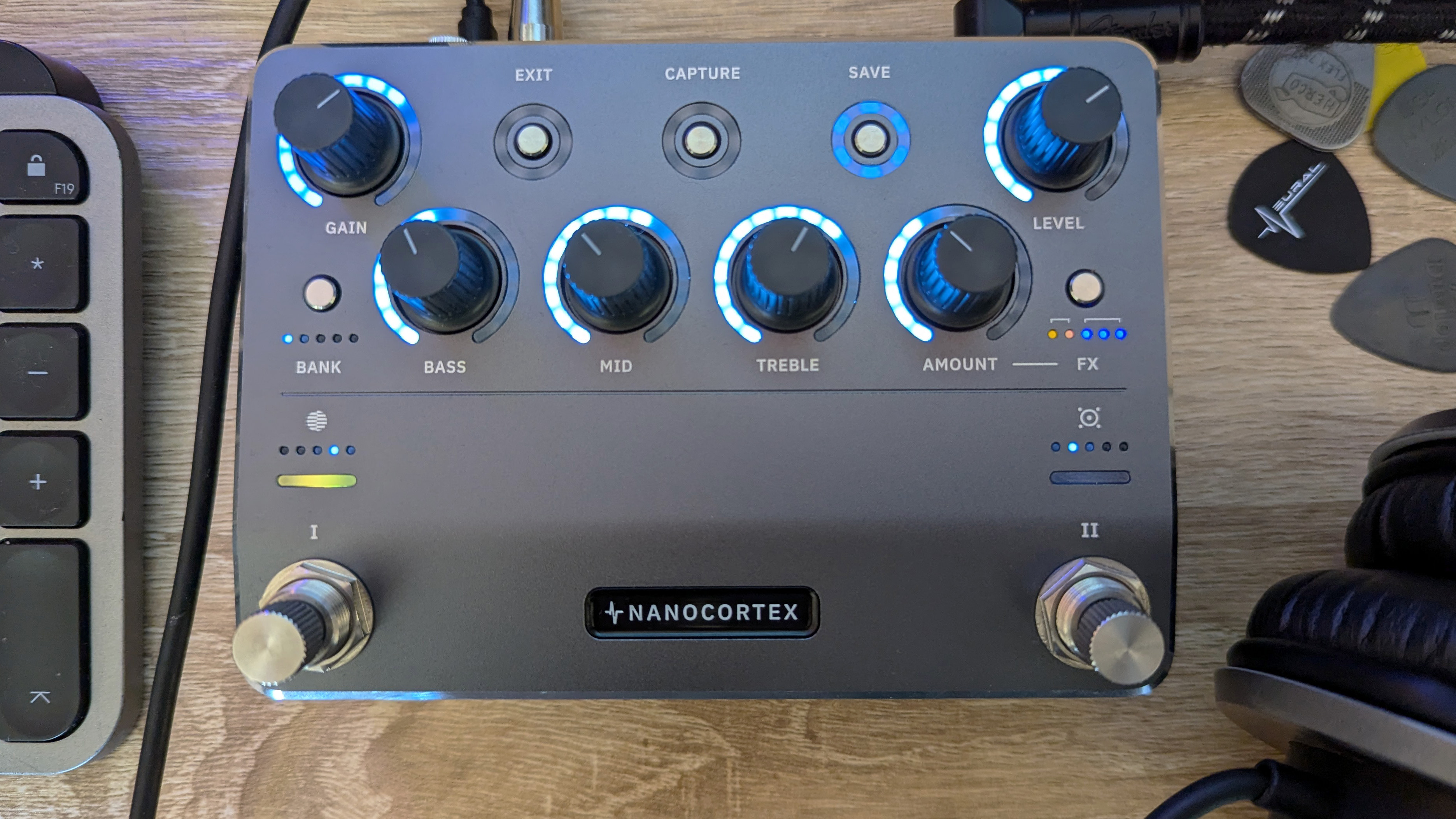
![Gretsch Limited Edition Paisley Penguin [left] and Honey Dipper Resonator: the Penguin dresses the famous singlecut in gold sparkle with a Paisley Pattern graphic, while the 99 per cent aluminium Honey Dipper makes a welcome return to the lineup.](https://cdn.mos.cms.futurecdn.net/BgZycMYFMAgTErT4DdsgbG.jpg)
